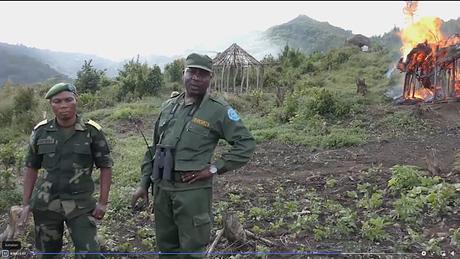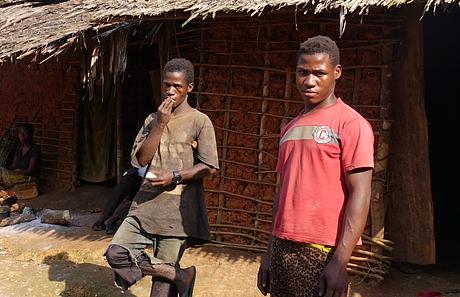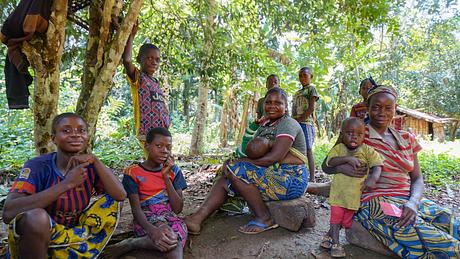New report accuses UNESCO of complicity in the eviction and abuse of Indigenous people
April 18, 2024
 © KBNP
© KBNPEMBARGOED UNTIL 9AM ON APRIL 18
A new report by Survival International to mark World Heritage Day (April 18) has accused UNESCO of complicity in the illegal eviction and abuse of Indigenous people. It points to the many UNESCO World Heritage Sites that are the scene of serious and continuing conservation-related rights abuses.
On-the-ground investigations by Survival researchers, in Indigenous communities across Africa and Asia, have uncovered repeated cases of torture, rape, and killings of Indigenous people in and around World Heritage Sites.
The report lists six World Heritage Sites that occupy stolen Indigenous land, including:
- Ngorongoro Conservation Area, Tanzania. This world-famous tourist hotspot is now the scene of intimidating security operations and the denial of basic services, as the government presses ahead with plans to evict thousands of Maasai people from lands where they have lived for generations. UNESCO has explicitly backed removing the Maasai. One Maasai leader quoted by Survival has said: “UNESCO’s support is being used to evict us. We are very sick and confused, we don’t know when we will die.”
- Kahuzi-Biega National Park, Dem. Republic of Congo. This Park became a World Heritage Site in 1980. In 2019, park authorities, with the support of the Congolese army, started a campaign to purge the forest of Indigenous Batwa people who had returned to their ancestral lands in the Park. They conducted several extremely violent attacks against Batwa villages, involving many well-documented atrocities. UNESCO had promoted an approach based on force and militarization, and had urged the government to “increase the scope and frequency of the patrols” and to "evacuate the illegal occupants”. The Batwa were hit hard by the resulting violence, but said: “We live in the forest. When they confront us, they rape us. Those of us who will die will die, but the forest is where we will stay."
Odzala-Kokoua National Park in the Republic of Congo, which was given World Heritage Site status by UNESCO in 2023, despite well-documented abuses taking place there, including rape and torture.

Survival is calling on UNESCO to:
- Stop backing the abuse of Indigenous peoples’ rights in the name of conservation
- Remove World Heritage status from any site where human rights atrocities are occuring, and
- Promote a model of conservation based on full recognition of Indigenous land rights.
Survival is launching a day of online activism to coincide with the publication of the report, asking people to share a new video and tag #DecolonizeUNESCO. The video will be live on Survival’s Instagram page from 0900 GMT on April 18.
Survival’s Director Caroline Pearce said today: “UNESCO has played a key role in giving legitimacy to many of the most notorious Protected Areas in Africa and Asia, and it’s largely ignored the well-documented atrocities being committed on its watch. What it calls “Natural World Heritage Sites” are very often the stolen ancestral lands of Indigenous peoples, who are being kept out by force, intimidation and terror. Its complicity has gone beyond silence to encompass the active support of governments, and actions, that violate Indigenous rights. It must remove World Heritage Status from any such site where abuses are taking place.”


